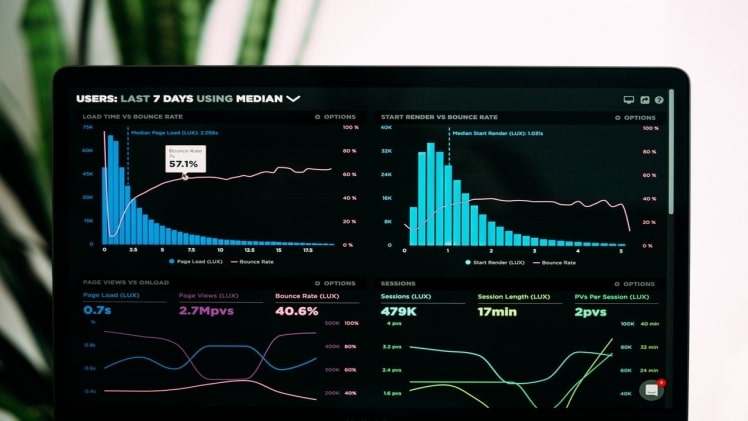Data is the cornerstone of many business activities today. Various companies rely on data-driven decisions to identify weaknesses and field efficient operations. Individuals also depend on mobile applications producing gigabytes of data for their daily convenience. For this reason, data management keeps evolving in technologies and approaches. One of such is the term big data, which many professionals continue to reference in recent years. This article gives an in-depth review of big data, why it’s important, and how it works.
What is big data analytics?
A quick search on Google for “what is big data analytics?” brings thousands of search results. The bottom line is that all these results for the definition of big data analytics tackle the concept in different lights and from various contexts. Therefore, defining big data can be a great way to begin this entire conversation.
The concept of big data connotes a massive amount of data from different sources, which may pose several challenges when using traditional data management methods. Often, these large amounts of unstructured data (as well semi-structured and structured data volumes) are hard to store and process using traditional data management solutions. A typical example of today’s technology platforms churning data on a large scale is social media. Facebook alone sees over a billion posts each day, and these posts comprise text, videos, images, and documents with different formats to play the part. That’s why businesses are increasingly leveraging big data analytics using new technologies and advanced techniques to process large datasets from disparate sources.
Big data analytics has many use case benefits across various market sectors, from the health industry to customer services. However, some general benefits are listed below.
It helps you make informed decisions.
Businesses rely on big data solutions to make better business decisions. Data-driven decision-making, especially in today’s COVID-19 era, has become essential now more than ever, as the pandemic has rendered many markets volatile and uncertain. Growth factors and trends have significantly changed as businesses adjust to new ways of surviving the global effects. For this reason, experts advise business owners to be agile in their thinking and execution, and there’s no better way for businesses to process data, turning datasets into descriptive analytics with the help of data visualization and other big data resources. Small and large organizations depend on these insights from business intelligence tools to generate significant value from available data while keeping overhead costs at the barest minimum.
It helps with personalizing services.
Today’s customers have improved access to fast information. It may only take a one-second Google search for your most loyal customer to jump ship due to bad customer service or product inconsistencies. Therefore, businesses adopt multiple big data solution options to better understand customer preferences and personalize offerings accordingly.
It helps improve operations.
Big data can afford you the right tools to limit human interferences in your operations, reduce redundancies, and eventually improve business value. Businesses can also trust new insights, marketing analytics, and data analytics to identify new opportunities and enjoy significant competitive advantage perks.
How does big data analytics work?

The first step for businesses leveraging big data analytics is to understand their business and market needs. The next step is to collect relevant data to help explain the identified problem, but there’s a catch here. The more you know about the specific problem your business seeks to solve with big data, the better your chances of generating the right data. That’s why many businesses can consider past experiences and business models as a unique opportunity to gather relevant data.
The next step is to clean the data, getting it ready for further processing. Analytics professionals can then monitor performance periodically to deploy real-time solutions.
All in all, big data analytics can be a cost-effective way of managing an organization’s data needs. The top analytics solutions allow you to make the most out of your data and improve your business’s value.

